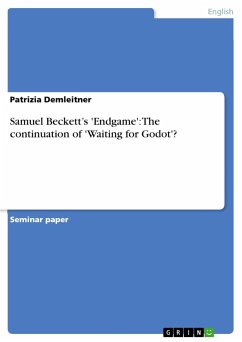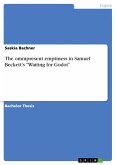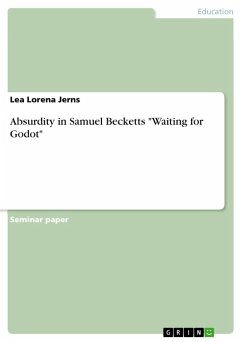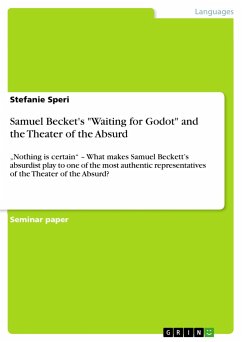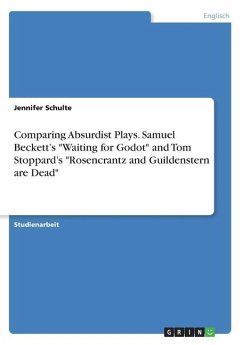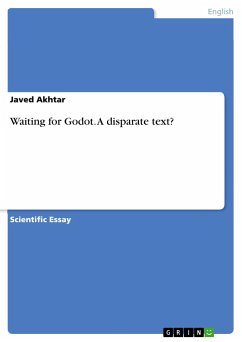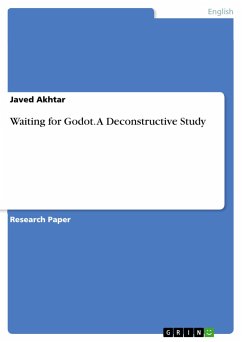Essay from the year 2015 in the subject Didactics - English - Literature, Works, grade: 1,7, University of Hildesheim (Institut für englische Sprache und Literatur), course: Literature - From Modernism to Postmodernism, language: English, abstract: In this essay care is taken specifically to the role and the criticism of Christianity. Since many studies came to the conclusion that the piece deals mainly with the topic of Christianity, with large influxes of philosophy and existential questions, a broad range of theories and conjectures has developed in this regard. In the course of this work I will first give a general overview of the most important references and criticisms of Christianity, oriented to the text, will then have a closer look at the role of Pozzo and Lucky and will present my conclusion at the end. The play "Waiting for Godot" premiered 1953 and was written by the Irish novelist Samuel Beckett. It is divided into two acts and the main characters, two old men called Vladimir and Estragon, wait on a lonely country road for a man called Mr. Godot. While waiting they are talking, one could say speculate, about that person, contemplate suicide several times, talk about religion and meet several characters but neither of these is Mr. Godot. This was just a very simple representation of events, another response of what happens might be "it depends what you mean by "happen"". In the fifty years since the plays publication many authors have tried to determine the meaning of this play. It seems like there is no specific meaning behind the text and that a new meaning is created each time the text is read. Therefor the text invites the reader to search for an interpretation, a meaning, a sense or message, even though it is not immediately visible. One thus has to accept that there is no right or wrong, only an assumption. With this knowledge it is possible to examine the text at various levels, such as political, religious, biographical, psychoanalytical or even existential.
Hinweis: Dieser Artikel kann nur an eine deutsche Lieferadresse ausgeliefert werden.
Hinweis: Dieser Artikel kann nur an eine deutsche Lieferadresse ausgeliefert werden.


